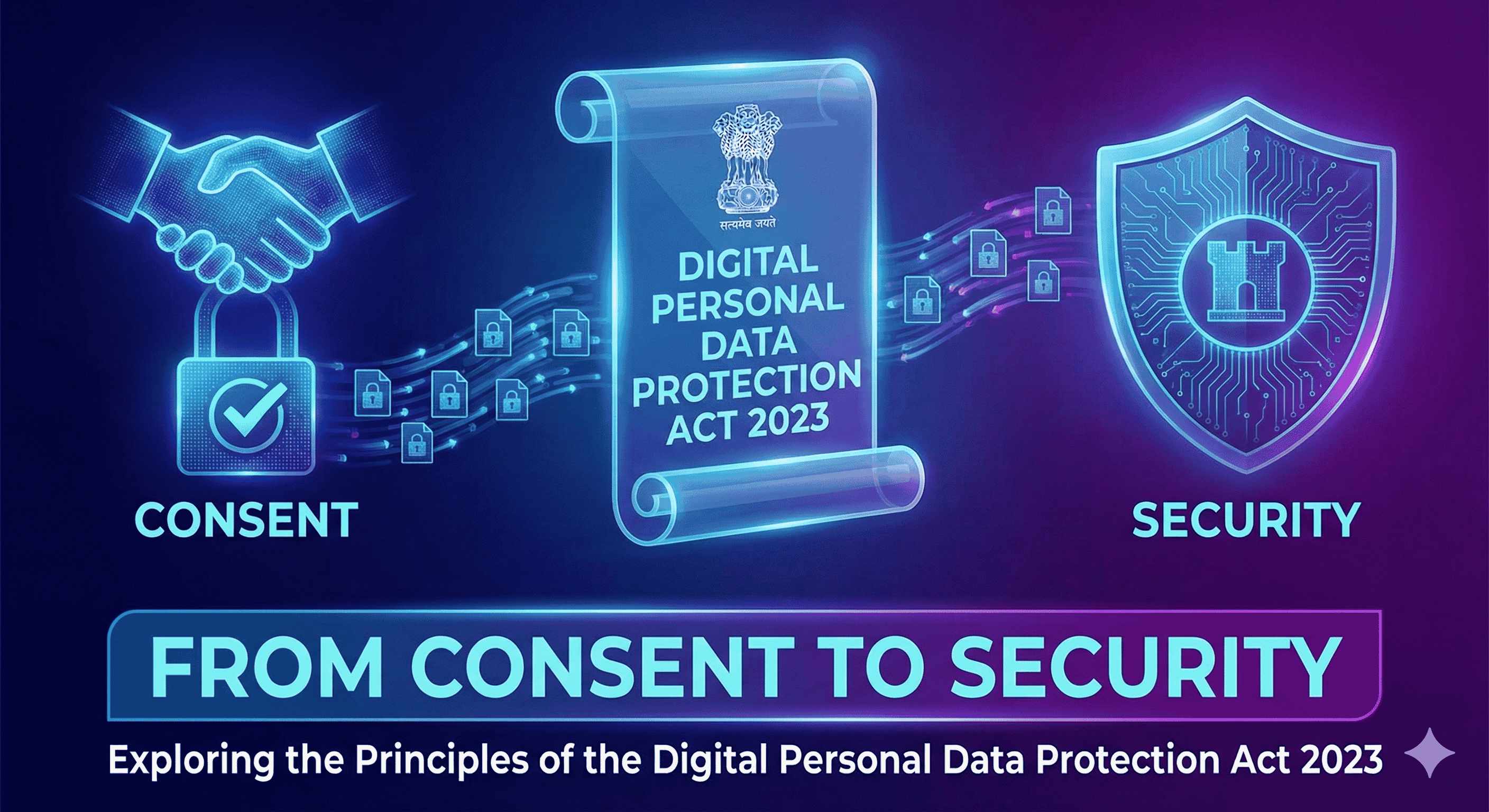In the digital age, data privacy and user consent have transformed from mere regulatory requirements into pivotal components of customer trust and business success. As companies strive to meet legal standards like the General Data Protection Regulation (GDPR) and the California Consumer Privacy Act (CCPA), the implementation of effective Consent Management Solutions (CMS) has become imperative. This article explores several case studies that exemplify how companies across various sectors are successfully navigating consent management.
1. Tech Giant: Apple
Challenge:
Apple has long prioritized user privacy, but with the introduction of GDPR in Europe, it faced the challenge of aligning its data practices with strict regulations.
Solution:
Apple implemented a robust consent management system that offers users clear options regarding their data preferences. The CMS displays tailored prompts for data sharing, allowing users to easily opt-in or opt-out of various tracking and data collection practices. The design emphasizes transparency and accessibility.
Outcome:
The initiative not only enhanced Apple’s reputation as a privacy-focused company but also led to a significant increase in user confidence. Users appreciated the straightforward nature of consent requests, resulting in improved user engagement and loyalty.
2. E-commerce Leader: Amazon
Challenge:
As a leading e-commerce platform, Amazon collected vast amounts of user data. The introduction of stricter regulations required a comprehensive overhaul of its consent mechanisms.
Solution:
Amazon rolled out a multi-layered consent management framework that categorizes data collection requests (e.g., tracking for promotions, personalized recommendations). This system allows users to manage their consent preferences easily through their accounts.
Outcome:
By providing granular control over data sharing, Amazon saw a reduction in complaints about data use. The clear messaging reduced confusion, contributing to higher rates of consent for personalized experiences. Additionally, the company reported improved customer satisfaction scores as users felt more in control of their data.
3. Hospitality Industry: Marriott International
Challenge:
Following data breaches and regulatory scrutiny, Marriott needed to enhance its approach to customer data privacy and consent management.
Solution:
Marriott implemented a comprehensive consent management system integrated with its booking process. The system was designed to inform guests about data use at various stages, from reservation to post-stay communications.
Outcome:
Marriott’s proactive approach in engaging customers about their data preferences led to a 30% increase in consent for marketing communications. By adopting a transparent stance and fostering trust, Marriott successfully mitigated risks associated with regulatory fines, while also improving guest engagement.
4. Retail Giant: Walmart
Challenge:
Walmart faced the dual challenge of local and international privacy laws. Navigating varied consent requirements while maintaining a seamless shopping experience was critical.
Solution:
Walmart developed a centralized consent management platform that could adapt to different regulatory requirements. The system is designed to automatically adjust consent requests based on the user’s location and applicable laws.
Outcome:
This flexibility allowed Walmart to maintain compliance without alienating users. The platform has been effective in maintaining high consent rates for personalized offers, leading to increased sales and customer retention. Walmart’s commitment to user privacy also strengthened its brand image amidst growing concerns about data security.
5. Travel Industry: Expedia Group
Challenge:
Expedia needed to comply with increasingly complex regulatory frameworks while providing a seamless customer experience.
Solution:
Expedia adopted a user-friendly consent management solution that integrates consent prompts across its web and mobile platforms. This system ensures a consistent experience, allowing users to make informed decisions about their data.
Outcome:
The initiative resulted in a significant boost in user trust, with a reported 25% increase in consent acceptance. By actively respecting user preferences, Expedia managed to enhance its customer relationships, leading to higher retention rates and improved customer lifetime value.
Conclusion
The implementation of Consent Management Solutions is not merely a box-ticking exercise; it is a critical business strategy that can enhance customer trust and loyalty. The case studies of Apple, Amazon, Marriott, Walmart, and Expedia highlight the diverse approaches companies can take to address consent management. By prioritizing user transparency and data control, these organizations are not only ensuring compliance but also positioning themselves as leaders in an increasingly privacy-conscious marketplace. As regulations continue to evolve, the importance of robust and effective consent management solutions will only continue to grow.









